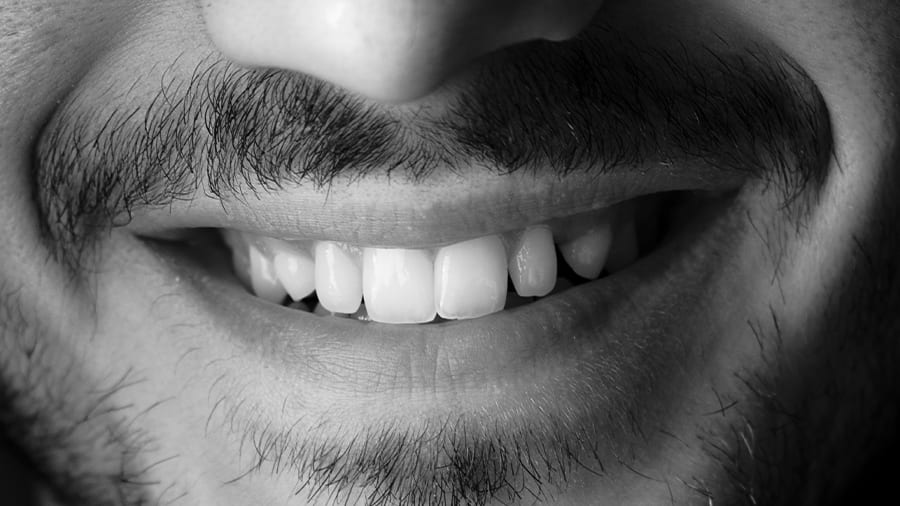Absolutely. Fluoride-based toothpastes are known to help us preserve our tooth enamel - the outermost layer of our teeth and one of the hardest substances in our body. Enamel is crucial in protecting teeth from any kind of physical, chemical, or microbial attack. The enamel is made up of calcium and phosphate minerals arranged in a crystal structure known as hydroxyapatite. When the tooth enamel is subjected to an acid attack (such as after eating sugary foods or carbonated beverages) the minerals within it begin to wear away. This process is known as demineralization, causing the enamel to become porous and potentially leading to cavities or other dental issues.
Tooth remineralization is a natural process of the human body for non-cavitated tooth lesions. During the remineralization process, the calcium, phosphate and sometimes fluoride ions from the saliva are deposited back onto the demineralized enamel surface. This helps replace lost minerals which combine to form hydroxyapatite again; thereby preventing tooth decay and providing strength to our teeth.
When this natural balance gets disturbed and the rate of demineralization exceeds the rate of remineralization (e.g. if the pH of the mouth stays acidic for a longer duration), cavities form leading to dental caries (tooth decay) and other problems. According to the Global Burden of Disease 2019, untreated dental caries in permanent teeth is the most common health condition. What’s more, treatment for oral health conditions is expensive and usually not part of universal health coverage (UHC). [1]
The question that begs to be asked then is whether more can be done to prevent the occurrence of dental caries in the first place?
Modulating the ph balance in our mouths – a new and proven approach
Dental biofilm or dental plaque formed on tooth surfaces is a complex ecosystem composed of diverse oral bacteria and salivary components. In the absence of adequate oral hygiene measures, this dental plaque gets further colonized with many other forms of bacteria which start producing acid that in turn erodes the tooth enamel thus posing as a risk factor for dental caries and periodontal diseases.
Let’s introduce a pro-protein here called, arginine. Clinical studies have shown that the addition of arginine to a regular fluoride toothpaste provides superior efficacy in preventing demineralization and promoting remineralization. How? Because arginine enhances the ability of plaque to metabolize to ammonia. [2] Now, this is key to understand – arginine when introduced in oral hygiene reacts in a way to create an alkaline ph balance in our mouth, thereby neutralizing the acids and the subsequent dangers that these acids cause.
Further trials have shown the efficacy on children. Toothpaste containing arginine was more effective than the control toothpaste at preventing tooth decay, slowing the progression of caries in kids who were at low and moderate risk, as well as halting and reversing dental carious lesions in both kids and adults. [3]
1 WHO: Oral Health – Key Facts
2 In-situ clinical effects of new dentifrices containing arginine
3 The combined antimicrobial effect of arginine and fluoride toothpaste
Teeth nourishment is necessary to ensure that demineralization does not exceed remineralization and arginine has shown to play a pivotal role in this process. By using toothpastes containing arginine, we are in effect creating an ideal daily regimen for nourishing our teeth.
This article is intended to promote understanding of and knowledge about general oral health topics. It is not intended to be a substitute for professional advice, diagnosis or treatment. Always seek the advice of your dentist or other qualified healthcare provider with any questions you may have regarding a medical condition or treatment.
ORAL HEALTH QUIZ
What's behind your smile?
Take our Oral Health assessment to get the most from your oral care routine
ORAL HEALTH QUIZ
What's behind your smile?
Take our Oral Health assessment to get the most from your oral care routine













